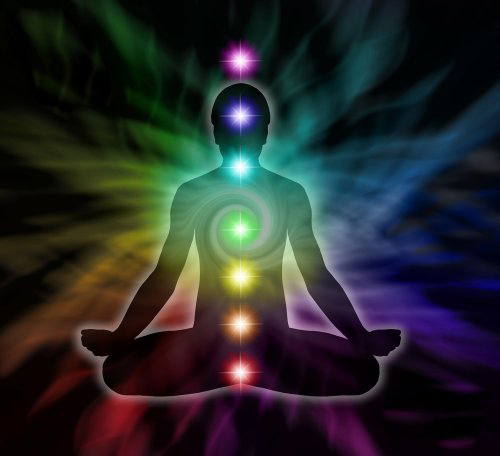Alternative Healing

Naturopathy, Reiki and Meditation
Naturopathy, which is a holistic approach to wellness, has long been known as nature’s gift to whole health and harmony.
Most of us strive for optimum health and wellbeing. This usually means accessing the abundance of health services and products available at our fingertips. There is no doubt that traditional prescription medicines will always hold a fundamental place in our health regime. However, more Australians are striving for a more balanced proactive approach to their health. And this is where naturopathy plays a vital role.
Naturopathy focuses on the underlying cause of a condition and applies treatments that work in alliance with the natural healing mechanisms of the body rather than against them. Dr Bhavisha Shah (naturopath )not only treats the health challenge but also provides clear strategies to her patients on how to empower and improve their life by minimising illnesses from the outset.
The word “Reiki” means “mysterious atmosphere, miraculous sign.” It comes from the Japanese words “rei” (universal) and “ki” (life energy). Reiki is a type of energy healing.
Energy healing targets the energy fields around the body.
According to practitioners, energy can stagnate in the body where there has been physical injury or possibly emotional pain. In time, these energy blocks can cause illness.
Energy medicine aims to help the flow of energy and remove blocks in a similar way to acupuncture or acupressure. Improving the flow of energy around the body, say practitioners, can enable relaxation, reduce pain, speed healing, and reduce other symptoms of illness.
Reiki has been around for thousands of years. Its current form was first developed in 1922 by a Japanese Buddhist called Mikao Usui, who reportedly taught 2,000 people the Reiki method during his lifetime. The practice spread to the U.S. through Hawaii in the 1940s, and then to Europe in the 1980s.
It is commonly referred to as palm healing or hands-on healing.



Meditation is a precise technique for resting the mind and attaining a state of consciousness that is totally different from the normal waking state. It is the means for fathoming all the levels of ourselves and finally experiencing the center of consciousness within. Meditation is not a part of any religion; it is a science, which means that the process of meditation follows a particular order, has definite principles, and produces results that can be verified.
In meditation, the mind is clear, relaxed, and inwardly focused. When you meditate, you are fully awake and alert, but your mind is not focused on the external world or on the events taking place around you. Meditation requires an inner state that is still and one-pointed so that the mind becomes silent. When the mind is silent and no longer distracts you, meditation deepens.
